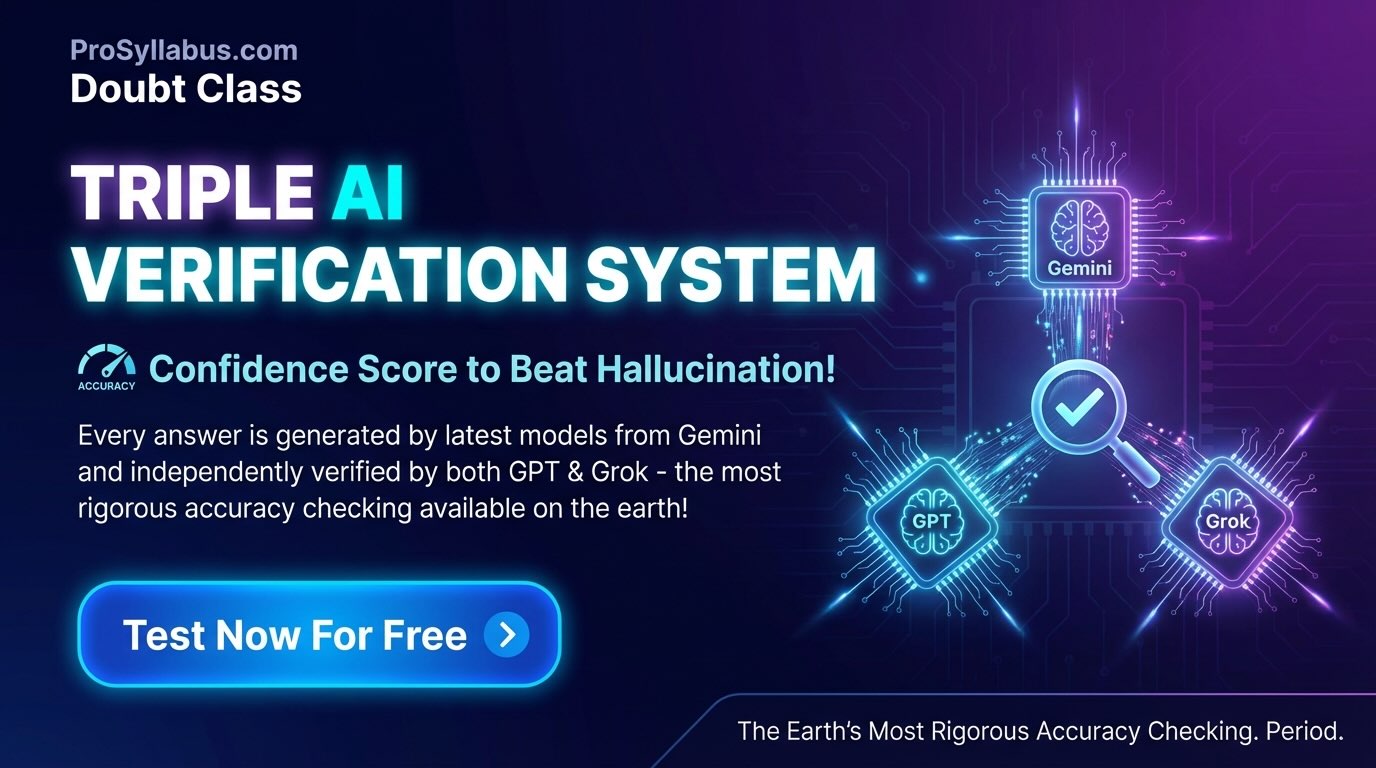Complete Summary and Solutions for Birth – Snapshots NCERT Class XI English, Chapter 4 – Summary, Explanation, Questions, Answers
An excerpt from A.J. Cronin's The Citadel, focusing on Andrew Manson, a newly qualified doctor starting his practice in a Welsh mining town. The story depicts the challenges faced during a difficult childbirth and the emotional and professional struggles of the doctor, along with all NCERT questions, answers, and exercises.
Updated: 1 month ago

Birth
A.J. Cronin | Snapshots Prose - Ultimate Study Guide 2025
Introduction to the Story
"Birth" is an intense excerpt from A.J. Cronin's novel The Citadel, capturing the raw drama of a young doctor's first night call in a Welsh mining town. Andrew Manson, fresh from medical school, faces a life-or-death delivery for Susan Morgan, whose premature labor tests his skills and resolve. Amid personal turmoil over love and failed marriages, Andrew battles to revive a stillborn child using desperate resuscitation techniques, ultimately succeeding in a moment of profound triumph. Cronin's semi-autobiographical tale, drawn from his physician background, contrasts theoretical knowledge with the gritty reality of bedside medicine, highlighting themes of dedication, human fragility, and the miracle of new life against industrial hardship.
Key Elements
- Setting: Blaenelly, a grim Welsh mining village, emphasizing isolation and working-class struggles.
- Narrator: Third-person focused on Andrew's internal conflict, blending exhaustion with exhilaration.
- Theme Preview: The chasm between medical textbooks and real-world urgency; the redemptive power of saving lives.
Context in Snapshots
This gripping narrative introduces medical ethics and perseverance for CBSE Class 11, prompting reflection on professional growth in 2025 exams.
Points to Ponder
- Does personal despair fuel or hinder a doctor's focus in crisis?
- How does one "real" act redefine a life of routine?
Reprint 2025-26
About the Author: A.J. Cronin (1896–1981)
Biography
Archibald Joseph Cronin, a Scottish novelist and practicing physician, infused his works with authentic medical insights from his Glasgow and Welsh experiences. The Citadel (1937), inspired by his career frustrations, exposed NHS precursors and inspired the TV series Doctor Finlay. Cronin's blend of realism and humanism critiques healthcare inequities.
Legacy
Cronin's novels, like The Keys of the Kingdom, champion ethical integrity, influencing medical literature and global discussions on doctor-patient bonds.
Worldview
Cronin viewed medicine as a moral calling, using fiction to advocate compassion over commerce in healing.
Expanded Bio
Post-WWI doctor turned writer after burnout; expatriated to Switzerland, producing 26 novels emphasizing social justice.
Reprint 2025-26
Before You Read
This excerpt depicts a doctor's frantic efforts during a difficult childbirth. What challenges might a novice physician face in such high-stakes scenarios?
Emotional strain, time pressure, and ethical dilemmas test resolve, bridging theory and instinct.
Who is Andrew Manson? Why is this night call pivotal for him?
Andrew, a new assistant doctor in Blaenelly, encounters his first true test of skill and passion.
Pre-Reading Thoughts
- How does fatigue amplify doubt in life-saving moments?
- Cronin draws from real medical "miracles" to humanize heroism.
Reprint 2025-26
Full Text & Summary
Summary (English) - Pointwise
- Andrew Manson, a young doctor in Blaenelly, is summoned late at night by Joe Morgan for his wife Susan's premature labor, interrupting his brooding over unrequited love for Christine.
- At the modest home, Andrew stays despite exhaustion, sharing tea with Susan's wise mother amid reflections on failed marriages like those of his mentors.
- The mother reveals Susan's insistence on no chloroform if it harms the baby, underscoring her desperate longing for this first child after 20 childless years.
- After hours of struggle, the baby boy is born lifeless (asphyxia pallida); Andrew prioritizes the collapsing mother, injecting stimulants to revive her.
- Turning to the stillborn child, Andrew desperately applies hot/cold water immersion and artificial respiration, persisting for 30 minutes in a chaotic room watched by the horrified midwife and praying grandmother.
- Miraculously, the infant gasps, cries, and revives fully; Andrew, dazed and triumphant, reassures Joe outside as dawn breaks.
- Walking home amid miners, Andrew realizes this "real" act—saving two lives—marks his true entry into meaningful medicine, eclipsing prior routine work.
सारांश (हिंदी)
ए.जे. क्रोनिन की "बर्थ" द सिटाडेल से एक तीव्र अंश है, जो वेल्श खनन शहर ब्लेनली में एक युवा डॉक्टर एंड्र्यू मैनसन की पहली रात्रि कॉल को दर्शाता है। सुसान मॉर्गन की समय से पहले प्रसव के दौरान, एंड्र्यू अपनी प्रेमिका क्रिस्टीन के प्रति असफल प्रेम और असफल विवाहों पर चिंतन के बीच जीवन-मरण की लड़ाई लड़ता है। विनम्र घर में, थकी हुई एंड्र्यू सुसान की बुद्धिमान मां के साथ चाय साझा करता है, जो 20 वर्षों के बाद पहले बच्चे की लालसा पर जोर देती है। घंटों की संघर्ष के बाद, शिशु मृत पैदा होता है (एस्फिक्सिया पैलिडा); एंड्र्यू मां को प्राथमिकता देता है, उत्तेजक इंजेक्शन से उसे पुनर्जीवित करता है। फिर, गर्म/ठंडे पानी की डुबकी और कृत्रिम श्वास से 30 मिनट तक प्रयास करता है, अराजक कमरे में मिडवाइफ और दादी की नजरों में। चमत्कारिक रूप से, शिशु सांस लेता, रोता और जीवित हो जाता है; एंड्र्यू, चकित और विजयी, बाहर जो को आश्वस्त करता है जब भोर होती है। खनिकों के बीच घर लौटते हुए, एंड्र्यू महसूस करता है कि यह "वास्तविक" कार्य—दोनों को बचाना—उसकी सार्थक चिकित्सा में सच्ची शुरुआत है।
Full Text (From Provided PDF Pages)
Key Imagery
- The chaotic room: Symbolizes the frenzy of birth and revival.
- Dawn light: Marks renewal and Andrew's epiphany.
- The child's cry: Pinnacle of life's triumph over death.
Reprint 2025-26
Glossary
- Asphyxia pallida: Oxygen deprivation causing paleness, weak pulse, and unconsciousness in newborns.
- Tallow: Animal fat; describes the child's soft, waxy skin.
- Ether: Early anesthetic gas used in surgery and deliveries.
Additional Terms
- Hypodermic syringe: Tool for injecting stimulants like adrenaline.
- Scullery: Back room for washing dishes; site of Andrew's quiet relief.
- Bach: Welsh term of endearment, like "dear."
Reprint 2025-26
Understanding the Story
Plot Overview
A tense arc builds from reluctant summons through grueling labor to frantic revival, culminating in quiet validation at dawn.
Characters
- Andrew Manson: Protagonist; idealistic yet weary novice doctor finding purpose.
- Susan Morgan: Patient; embodies maternal desperation after long infertility.
- Joe Morgan: Anxious husband; paces in silent faith.
- Grandmother: Stoic observer; her prayers frame the miracle.
Narrative Style
Cronin's clinical precision heightens suspense, interweaving Andrew's psyche with procedural details for immersive realism.
Setting Details
Blaenelly's mining gloom contrasts the intimate warmth of the Morgan home, underscoring communal reliance on healers.
Reprint 2025-26
Themes & Critical Analysis
Central Themes
- Medicine's Reality vs. Theory: Andrew's revival defies textbooks, affirming instinct in crisis.
- Human Resilience: From maternal longing to paternal vigil, life's tenacity shines.
- Personal Fulfillment: One "real" deed redeems professional disillusionment.
Sub-Themes
- Emotional Toll: Andrew's love woes mirror broader marital woes in the town.
- Miracle of Birth: Blends science and faith in the child's cry.
Critical Appreciation
Cronin's empathetic lens humanizes medical heroism, using the birth as a metaphor for rebirth in a doctor's soul, resonant in ethical healthcare debates.
Deeper Analysis
Symbolism: The stillborn's revival parallels Andrew's stagnant career awakening.
Cultural Context: Reflects 1930s Welsh mining life, critiquing industrial dehumanization.
- Relevance: Echoes contemporary stories of medical innovation and burnout.
Discussion Prompts
- Is the "miracle" science or spirit—or both?
- How does exhaustion sharpen or blunt empathy?
Reprint 2025-26
Reading with Insight
1. “I have done something; oh, God! I’ve done something real at last.” Why does Andrew say this? What does it mean?
- Andrew utters this in exhausted elation after reviving both mother and child, marking his first profound impact.
- It signifies transcendence from routine drudgery to genuine heroism, validating his medical calling amid prior futility.
2. There lies a great difference between textbook medicine and the world of a practising physician. Discuss.
- Textbooks offer theory; practice demands split-second instinct, as Andrew's desperate methods exceed learned protocols.
- Emotional stakes—patient bonds, fatigue—add unpredictability absent in academia, forging true expertise through trial.
- Cronin illustrates this gap via Andrew's hesitation and innovation, critiquing rigid education.
3. Do you know of any incident when someone has been brought back to life from the brink of death through medical help? Discuss medical procedures such as organ transplant and organ regeneration that are used to save human life.
- Incident: e.g., CPR revival post-cardiac arrest, akin to Andrew's respiration.
- Organ Transplant: Replaces failing organs (heart, kidney) via donor surgery, saving thousands annually but facing rejection risks.
- Organ Regeneration: Stem cell therapies regrow tissues (e.g., liver segments), promising future for non-viable donors; ethical debates on access persist.
Reprint 2025-26
Interactive Quiz - Test Your Understanding
10 MCQs on the story, themes, and analysis. Aim for 80%+!
Suggested Reading
Cronin's Works
- The Citadel – Full novel; Andrew's career arc in corrupt medicine.
- The Stars Look Down – Mining life critique, echoing Blaenelly.
More
- Related: Anton Chekhov's "The Lady with the Dog"; personal turmoil in healing.
- Essays: On medical ethics and Cronin's influence on NHS reforms.
Reprint 2025-26

Group Discussions
No forum posts available.
Easily Share with Your Tribe


